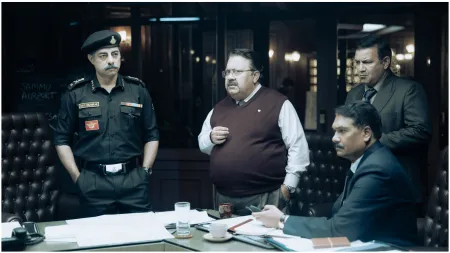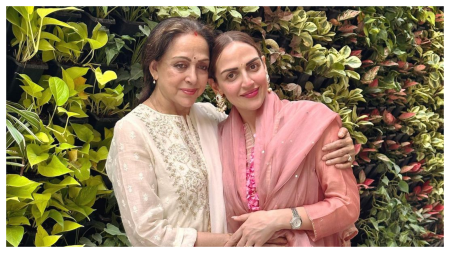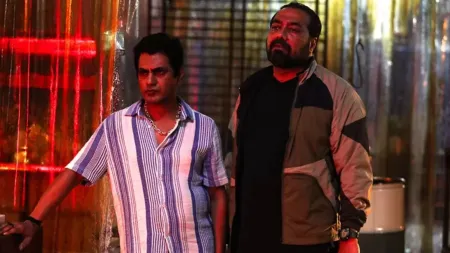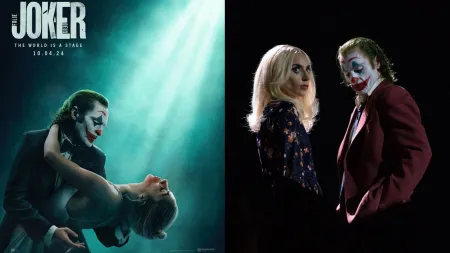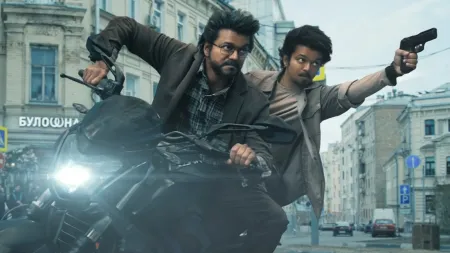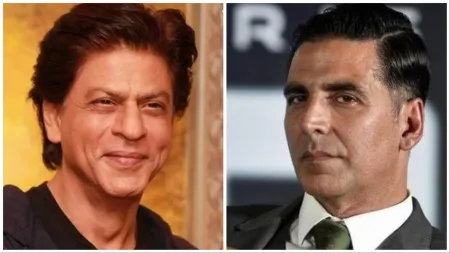The first time I met Aruna Vasudev was in Nantes, a boutique film festival in the South of France, (‘Festival 3 Continents’), which focussed on the cinemas from Asia, Africa and Latin America. It was one of those first film festivals which had switched from the overwhelmingly Occidental fare programmed in these places, to pivot towards what were then considered ‘emerging film nations’ by the West.
It was one of my first forays into covering an international film festival. Vasudev, who managed the feat of being diminutive and formidable at the same time, looked me up and down, and said ‘hallo’. It was a greeting from someone well-established to someone much younger, just starting out on the circuit, which said ‘watch and learn’. Gracious, yet firm.

Though many years have passed since that first brief encounter, I remember quite clearly how struck I was by Vasudev’s clear eminence, as small eddies of people kept fetching up to greet her. She was, quite clearly, holding court, that distinctive dipped-in-malt voice booming, cigarette smoke swirling, switching easily between English and French. I remember being introduced to a dizzying array of film festival heads, agents, writers, all of whom nodded politely at me, and then turned their attention back to Vasudev.
Asian cinema’s most vociferous champion at work. And the world was listening.
It was a time when the only Indian filmmaker that the cinephiles in the West certifiably knew, was Satyajit Ray. If it hadn’t been for Vasudev and her unceasing, indomitable, relentless pushing of Asian cinema, I can quite confidently say that the kind of awareness of cinemas from South Asia, South East Asia, and Iran, that began growing exponentially, would have taken a lot more time.
After that initial meeting, we kept bumping into each other into film festivals here and there, both outside the country and within, and conversation always flowed easily.
Meanwhile, of course, she had parlayed her knowledge, and her connections, into creating, in 1988, ‘Cinemaya’, a journal marked by its exemplary focus on Asian cinema. It was well-produced, took its subject very seriously indeed, and introduced many of us to writers and films which we had barely heard of: that was a time without the world wide web, but Vasudev’s net was large, and she cast it wide, corralling voices and points-of-views which gave us much to ruminate on.
There was a lot that Vasudev, along with her constant collaborators Latika Padgaonkar and Indu Shrikent, could legitimately take credit for when it came to expanding the sheer reach of Asian cinema. She founded NETPAC (International Network for the Promotion Of Asian Cinema), an organisation which always kept its mandate centre-stage. She was the chief architect of Cinefan, a film festival in Delhi, which started small and grew big. For those of us who missed having an international film festival in the Capital (IFFI, the International Film Festival of India, had packed its bags and moved off to Goa), Cinefan was a godsend. It brought back the joy of having access to top-notch international films, mainly from Asia and Africa, and Latin America, as well as a superbly-curated section on independent Indian cinema.
Even as it gave us much joy, it was clear that Cinefan, if it needed to be as much of an event as it had originally set out to be, would need a lot more support from its financial partners and creative stakeholders, especially even if it never lacked for enthusiastic participation. Those who were there that evening will never forget the line of people waiting to get into Stein Auditorium (at one of the Capital’s most popular cultural hubs, the India Habitat Centre) for a Wong Kar Wai retrospective: it wound out from the building, down the circular driveway, all the way down to Lodi Road.
It was a jaw-dropping sight. Sadly, Cinefan dwindled and died much before its time, despite everyone’s best intentions. Till date, no has been able to find a replacement for either IFFI, or Cinefan, even though the Habitat Centre itself now runs a couple of excellent film festivals annually.
And I doubt if there will be another Aruna Vasudev, with her combination of critical acumen and sharp curatorial instincts, who was much as at home in the Capital’s tony salons, as she was in movie halls heaving with viewers. Her sister Uma, who passed away in 2019, was an accomplished journalist-turned-author (one of the first editors of India Today, and one of Indira Gandhi’s early biographers) and between both of them, the sisters were invariably on every guest-list that mattered.
In the last few years, you could see she had visibly slowed down. Just a few months back, I remember her telling me how she was tired of taking all those interminable flights: it was at one of those post-film dinners we are circulating at, and I had just returned from jury duty at the El Gouna Film Festival in Egypt. She chuckled when she heard it was a NETPAC jury, even as she said, for the nth time, ‘I don’t know how you see all those dreadful Bollywood movies’, and we raised a toast to cinema.
And that’s pretty much what I see her doing in the hereafter.
Disclaimer: The copyright of this article belongs to the original author. Reposting this article is solely for the purpose of information dissemination and does not constitute any investment advice. If there is any infringement, please contact us immediately. We will make corrections or deletions as necessary. Thank you.
